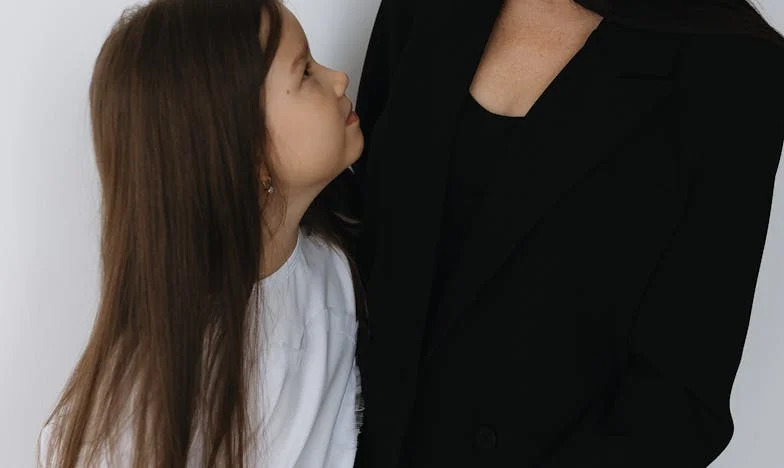When My Daughter Called Me a Bad Grandma: A Story About Family, Love, and Misunderstandings
“You just don’t care about them the way you should, Mom. Sometimes I think you don’t love your grandkids at all.”
The words hung in the air, heavier than the silence that followed. I stood frozen in my own kitchen, my hands shaking over a sink full of dishes, my daughter Emily’s voice echoing in my mind. The smell of burnt chicken nuggets lingered, a small reminder of my day spent juggling the chaos of babysitting my two grandkids, Mia and Noah, while Emily and her husband worked late—again. I had thought I was helping. I had thought I was being a good grandma.
But now, as Emily’s eyes filled with disappointment, I felt more alone than I ever had before.
“Emily,” I started, my voice barely above a whisper, “I’m trying my best. I love those kids—”
She cut me off, shaking her head. “You just don’t get it. You let them watch TV for hours. You snapped at Mia when she spilled her juice. And you forgot to pick up Noah from soccer practice!”
I wanted to defend myself, to explain how tired I was, how my knees ached and my mind felt slower these days. But what would that change? Would it sound like an excuse?
After she left, the house felt emptier than usual. Retirement was supposed to be the beginning of a new chapter—time to travel, garden, maybe even take up painting. But reality was more complicated. The day I packed up my cubicle and said goodbye to my coworkers at the insurance office, I felt both relief and a gnawing anxiety. Without work, who was I now? I’d poured my life into my job and my family. Suddenly, both seemed to be slipping away.
My husband, Tom, tried to reassure me. “You just need time to adjust, Linda. The grandkids love you. Emily’s just stressed.”
But the words stung. The next morning, I stood at the window, watching Emily pull out of our driveway with the kids in tow, her face set in that determined way she got when she was angry. Mia, only seven, stared at me through the car window, her eyes big and uncertain. Noah, ten, was buried in his tablet.
I remembered when Emily was that age—how I’d worked extra shifts to keep her in dance lessons, how we’d spent weekends at the park. Was I ever enough for her, or did I let her down, too?
Later that week, I tried harder. I planned crafts, baked cookies, tried to laugh when Mia spilled flour everywhere. But the exhaustion was real. My body wasn’t what it used to be. When Noah asked to go to the park, I offered a movie night instead. The guilt gnawed at me when I saw his disappointed face.
Friday night, Emily called. “Mom, can we talk?”
I braced myself for more criticism, but her voice was softer, tired. We sat across from each other at my kitchen table, the only sound the hum of the fridge.
“I know you’re doing your best,” Emily said, eyes red-rimmed. “But I just… I need help, and I’m scared. Work is overwhelming. The kids are struggling. I want you to be happy, but I also need you. And I’m afraid I’m asking too much.”
I reached across the table and took her hand. “Emily, I want to help. But I’m not the same as I used to be. I get tired. I worry I’m not enough for them—or for you.”
She squeezed my hand. “You’re more than enough, Mom. Maybe we just need to talk more. Make a plan. I don’t want to lose you.”
We cried together, and something shifted between us. The next week, we set boundaries: two afternoons a week with the grandkids, not five. Emily hired a sitter for the rest. I found time for myself—started a watercolor class at the community center. The kids still came over, and I learned to let go of perfection. Sometimes we made a mess or watched too much TV, but we laughed more. I let Mia teach me TikTok dances, and I listened to Noah’s endless facts about dinosaurs.
One afternoon, as I tucked Mia into bed, she whispered, “I love coming here, Grandma. You always listen.”
I smiled, tears prickling my eyes. Maybe I wasn’t the perfect grandma, but I was their grandma. And that was enough.
But sometimes, late at night, I still wonder: Why is it so easy to feel like you’re failing the ones you love most? And how do you forgive yourself when you realize you can’t be everything for everyone—even for your family?
